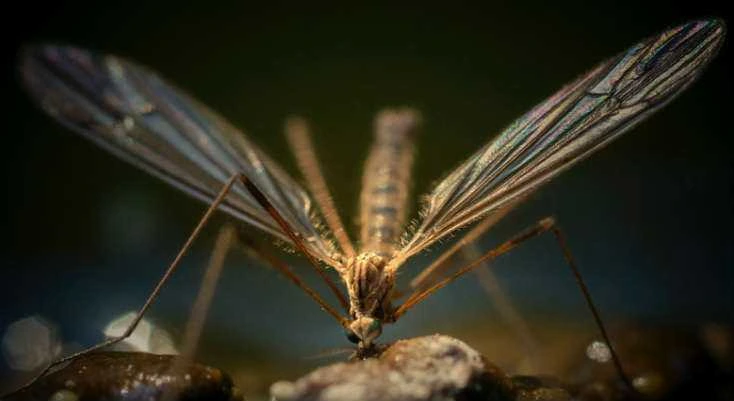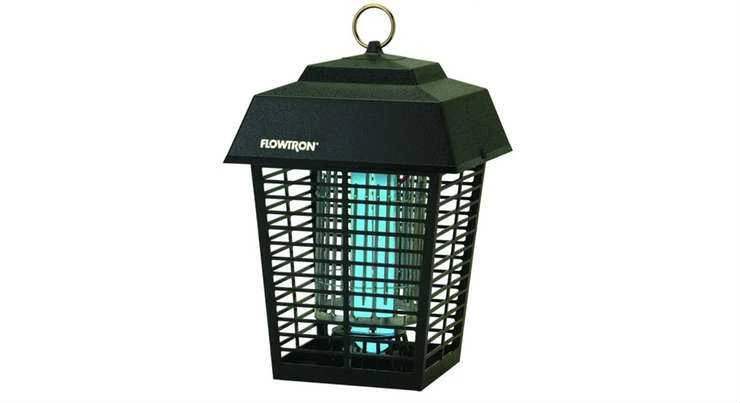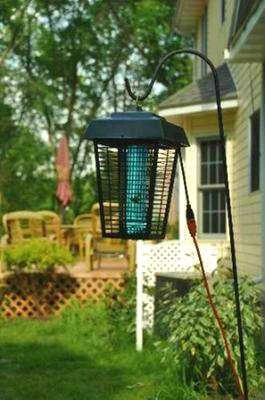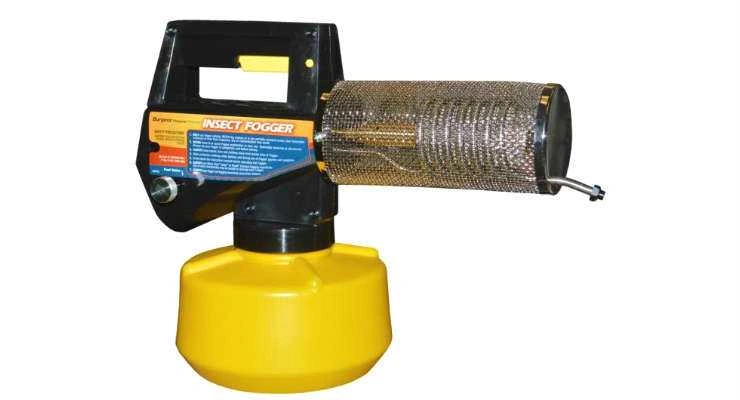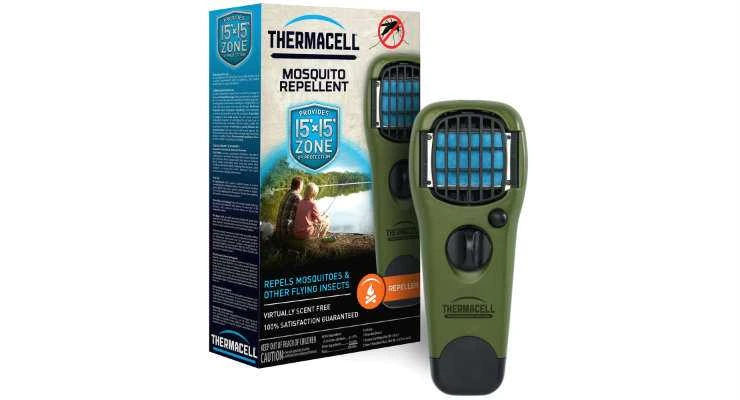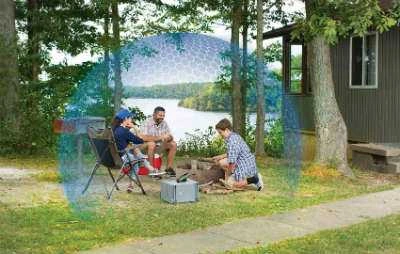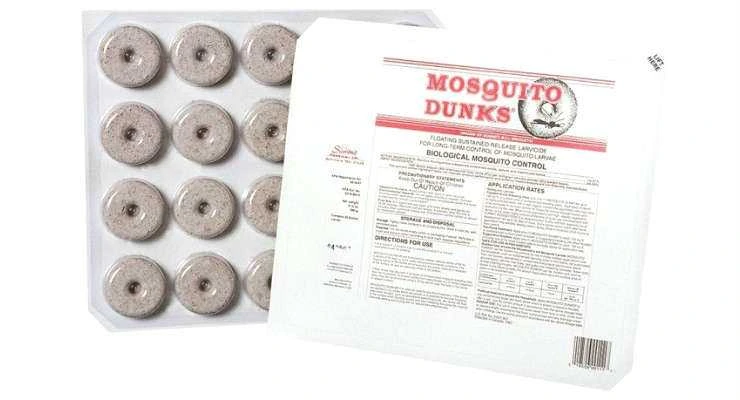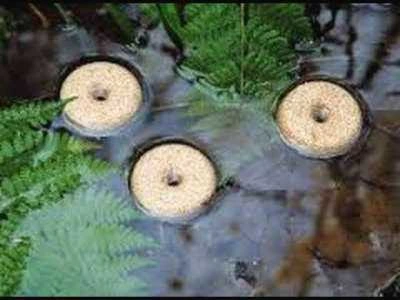By the time you scratch the itch, it is already too late. The irritation a mosquito bite causes can last for days. In some parts of the world, these insects kill hundreds of thousands of people each year through the transmission of deadly diseases. In recent years some of these diseases have begun to spring up across North America. Finding the best mosquito killer available has become a priority for some, especially those living in environments where mosquitoes can thrive. In this article, we would like to take a closer look at the mosquito as well as some eradication methods.
Mosquitoes
The mosquito (a name that means “little fly” in Spanish) makes up the taxonomic family Culicidae. With over 3,000 distinct species, this midge-like insect is found all over the world (source).
The females of most mosquito families are known as ectoparasites that use their proboscis to feed off of the blood of a host. It is this form of feeding that can transfer diseases, killing up to 725,000 people annually according to some estimates.
Female excrete an anticoagulant through their saliva that prevents the host’s blood from clotting during feeding. This produces the inflammation and irritation associated with their bite.
Mosquitoes use a variety of techniques to locate hosts including body temperature, exhaled carbon dioxide, movement, and odors. While many species of Culicidae feed on blood, three species transfer potentially deadly diseases.
Aedes mosquitoes have traditionally been known for carrying Dengue, Encephalitis, and Yellow Fever. It has made recent headlines as the transmitter of the Zika virus. The Anopheles is famous for carrying Malaria, as well as Encephalitis and Filariasis.
Another potentially dangerous species is the Culex mosquito which has been known to carry both Encephalitis and Filariasis. In recent years, it is known to transfer the West Nile virus.
How to Choose the Right Mosquito Killer?
Killing Methods
There are a variety of methods available that are designed to kill mosquitoes. Understanding how they work can help you to determine which would be the best mosquito killer for you.
Insect Zappers
These electric devices are quick kill devices. Depending upon their size, the unit will either plug directly into a household socket or connect to it through a cord. The best bug zapper for mosquitoes attracts them by ultraviolet light and then kills the mosquitoes and other flying insects as they make contact with a charged wire mesh.
Some bug zappers can be used on a deck or patio, while others are designed for indoor use. These products will kill most insects that come into contact with it. This method can be loud and messy as bugs are burnt and then fall to the ground or a separate container when zapped.
Let’s see an example, the Flowtron BK-15D mosquito zapper in action:
Scroll down to the best mosquito killer review section for more details about this particular insect zapper.
Mosquito Traps
Insect trap uses multiple methods of attraction including chemicals, heat, and visual stimulation. How do mosquito traps work? Once they are close, mosquitoes are Trapped by forced air or by contact with sticky residues. This method starves the insects through immobility. Modern devices are more reliable than traditional fly-papers and partially filled canisters.
The newest generation of products uses electricity, or fuels such as propane, for power. mosquitoes and other insects are pulled into these outdoor traps by moving air. They remain trapped until the device is emptied. These devices will require more maintenance than other methods do.
Foggers
This device atomizes oil or water-based chemicals into an airborne “fog” that repels and kills mosquitoes. Naturally sourced components such a Pyrethrins are used and are not considered harmful to humans in low concentrations. Foggers use two methods to atomize their contents.
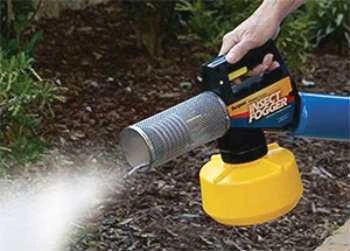
A cold fogger uses electricity and is limited to its placement due to the need for an electrical outlet.
A thermal fogger makes use of a heating coil for atomization. Thermals do not require electricity and are more portable. The mist generated by these devices is capable of penetrating bushes, grasses, and trees. The effects may be temporary, but they do cover a wide area.
Mosquito Sprays
Mosquito killer sprays are applied to a homeowner’s exterior property and are designed to attack these insects in their larval stage before they fully develop. A sprayer is required to apply these products evenly. While most mosquito sprays are designed as an insecticide, some sprays are developed as a mosquito repellent.
This method of eradication is safe to use around both children and pets. The best mosquito killer of this variety makes use of natural chemicals such as Neem oil or products derived from other sources including Mint, Rosemary, Sesame, or Thyme. An advantage of this type of method is that it will last much longer than a fogger will. It will need to be reapplied after heavy foot traffic in a location or after rainstorms though.
Mosquito Repellent
This main purpose of this method is to force mosquitoes from an area or to mask a potential host. Some repellents do act as an insecticide as well, however. Mosquitoes can be repelled in two different ways.
Scents
A few products are made to mask a host’s body odors or exhaled carbon dioxide. Both of these are used by mosquitoes to target their potential victims. Unless they are also a form of insecticide they are limited in application as they do not mask heat or visual detection. Most of these products are limited to small areas or personal application as well.
A more effective form of scent repellent will cover a wider area and will force the mosquitoes away from that location. It produces a smell that they find unappealing. The best mosquito killer of this variety will contain components that are lethal to these creatures at higher doses found near the source as well.
Ultrasonic
These devices emit a range of ultrasonic sounds that are designed to repel creatures that can hear these noises. Mosquitoes are an insect that posses hearing. Ultrasonic repellents are used in interior settings where scents are not welcome. It should be pointed out that there is a controversy as to their effectiveness, with detractors believing that they do not generate a noise the mosquito finds repelling.
Larvicides
Many feel that the best mosquito killer is one that attacks them before they are capable of drawing blood. There are two methods of larvicide deployment worth touching on individually.
Bits
This product is made from corn cob bits, that are infused with a larvicide known as BTI (Bacillus thuringiensis israelensis). It is a bacterium that exists in soil naturally.
Bits can be placed directly on moist soil or in water. It is effective for up to a week before it breaks down. The bacterium works fast and is referred to as a “quick killing” chemical.
Mosquito Dunks
A dunk also contains BTI and comes in a disk-shaped like a doughnut. They are placed directly into standing water, such as a fish pond, and release the bacterium over an extended period. This product will usually last up to 30-days before it must be replaced.
Plants
There are some sun loving and shade plants that repel mosquitoes to some extent. The most popular mosquito repellent plants are lemongrass, marigold and catnip. These are easy to grow in most part of the United States but their effectiveness and repellent coverage are limited.
Indoor vs Outdoor Usage
A key consideration when determining the best mosquito killer is the environment it will be used in. Chemical insecticides and repellents can build-up concentrations inside a home. Electronic devices and indoor mosquito traps are usually more effective for a room. Conversely, these same devices are limited in placement outside, where their locations are determined by access to electrical outlets.
A yard will require a wider coverage area to protect everyone, especially when guests are using more than the deck or patio. Chemical insecticides and repellents provide this type of coverage. They are also less distracting than a zapper that snaps loudly each time a mosquito is killed.
Traveling limits the methods that can be used as well. When hiking or walking outdoors a personal repellent offers the only reasonable solution. A campsite can take advantage of area coverage provided by foggers and traps. One thing to keep in mind is power requirements. Even if you have access to an outdoor generator, that power may be required for other appliances and devices.
Coverage and Effectiveness
These are features that should be kept in mind when deciding which method will prove to be the best mosquito killer in your home. While a fogger may not provide long-term protection, it may prove ideal before a yard party.
If most of your family’s backyard activities are limited to the deck, an outdoor mosquito trap or zapper may provide the best protection. A small plug-in zapper will cover a room, but it will not provide protection for the entire house.
Ease of Use and Maintenance
Chemical agents will require reapplications at set intervals. Weather and foot traffic can affect these times. Zappers will require little more than picking up dead insects that fall to the ground. Traps require regular cleaning as well as fuel replacement (for propane models). These devices also have more components that can break down with extended use.
Price
Most insecticides and repellents come at an affordable price, but they do need replacement often. Zappers are often priced below traps due to their simple design elements.
Top of the line traps can be a more expensive method, but their features make them a good mosquito killer for many users.
We all want to enjoy the garden, patio and backyard for long hours and during an extended period. You may already have the best heater to warm up, devices that tend to be expensive. Therefore it makes sense to pick one of these mosquito killer methods for a few bucks and let yourself rest for the rest of the evening.
Best Mosquito Killer Reviews
Best Mosquito Zapper: Flowtron BK-15D Electronic Insect Killer Zapper
The Flowtron Insect and Mosquito Zapper provides a relatively small profile for its coverage area, measuring 8.5 x 8.5 x 13.5 inches. It weighs approximately 4.1 (nearly 5-pounds with the optional scent cartridge), a nice weight that can be supported with minimal hardware.
It uses a 15-watt high-intensity bulb which will draw a minimum of power during continuous use. The bulb itself is easy to replace, as the design allows a user access to it without tools.
This mosquito zapper model provides attracting power for up to half an acre, making it a great option for those with a sizable yard. Flowtron manufactures bigger zappers as well to cover up to 1 1/2 acres!
In reality, it is recommended to keep within 25-feet distance from humans to perform best.
A really nice design feature is the zappers ability to make use of a scent cartridge. This option can provide more attraction through the use of Octenol, an attractant tested by the USDA. This product comes with a limited two-year warranty and is UL and CSA listed.
Best Mosquito Fogger: Burgess 1443 Propane Insect Fogger
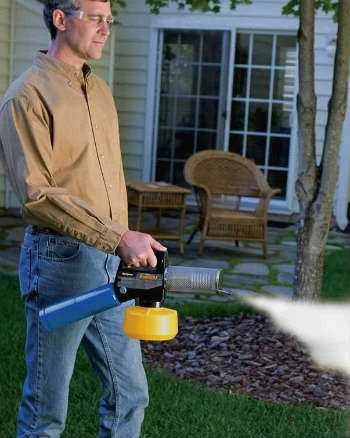
A key feature of this hand-held mosquito fogger is its portability. As a thermal device, it is powered by propane and not an electrical outlet. This allows a user to go where the control is needed. It measures 15.1 x 11.1 x 6.9 inches and weighs 3.1 pounds. These dimensions increase when a 14.1 or 16.1-ounce propane is attached to the unit.
Each fogging from this device can cover up to 5,000 square feet and can be applied in less than 10 minutes from start to finish. The insecticide works fast, allowing a homeowner to see results within minutes. Not only does the fog kill mosquitoes in the area, it also acts as a repellent for up to six hours of protection. This is a good time window for a backyard BBQ or birthday party.
There is no auto-ignition, so some type of ignition is needed to light it.
Best Outdoor Mosquito Repellent: Thermacell MR-LJ Portable Mosquito Repelled
Outdoor mosquito protection for those on the move used to require a person to apply oils and sprays to their clothing and their skin. This portable mosquito repeller eliminates these messy conditions. Its design makes use of ignited butane to heat small pads that are soaked with the repellent. The system does not produce flames, which is a nice feature near children and clothing.
This device measures 10.5 x 2.3 x 6.3-inches and weighs 8.8-ounces, making it light and portable. The unit comes with one butane cartridge and three soaked pads. A single-use pad will last approximately four hours, and the butane cartridge will heat three pads before needing replacement. The active ingredient is the synthetic Allethrin based on the natural repellent of chrysanthemum flowers. This cordless repellent should provide up to a 15-foot protective zone measured from the unit.
It can be used while you’re moving and is tolerant of light breezes. Great for fishing, hunting, trekking and any other outdoor activities.
Best Mosquito Killer at Larva Stage: Summit 20-Pack Mosquito Dunk Larvae Killer
Taking out mosquitoes in their larva stage prevents them from maturing into the blood-drinking midge fly that we detest. Standing water provides the home where they grow and these dunks from Summit are designed for use in the water.
Each package weighs 12-ounces and includes 20 dunks. Each piece includes a center hole which provides more surface area contact with the water.
These items contain BTI, a naturally occurring bacteria that is deadly to mosquito larvae but safe for others, including pets.
One dunk is capable of covering 100 square feet of water surface and will last up to 30-days before a new dunk is required. During that time period, the ingredients slowly dissolve into the water’s surface. From there, it slowly sinks into the water column where the mosquito larva will feast on it.
The dunks are safe to use in fish ponds.
Conclusion
As you can see, there is a multitude of methods available to protect your family and friends from mosquito bites. Our hope is that you were able to get a better understanding of this bothersome little insect as well as an appreciation of the tools available and how they work.
The first consideration you need to make is where you want the protection to be located. Indoor applications will not be the same as those required for an outdoor setting. Even when looking at outdoor protection, you will have to consider the desired coverage area as well as mobility needs. Treating water in a pond will exclude the use of products that are ideal for other exterior applications, for example.
Each product reviewed above was purposely selected from differing methods in order to provide you with a sample of features and utility. We hope you enjoy a mosquito-free season!
